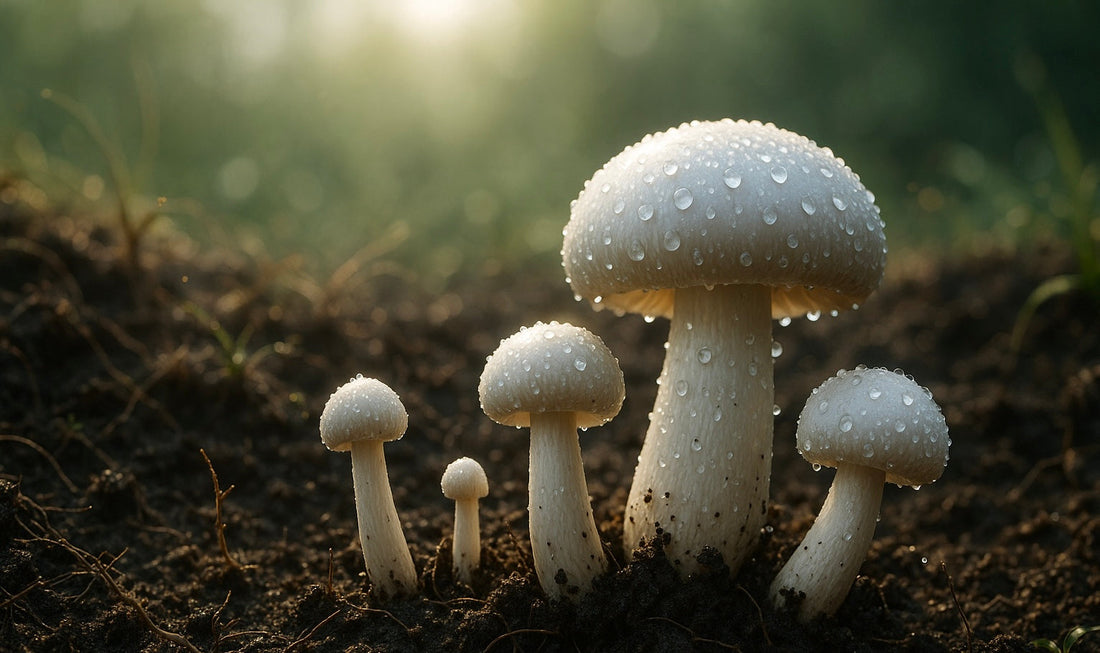Those old disposable diapers are one of parenting’s biggest environmental nightmares — taking up to 500 years to decompose. Even worse, the plastic fragments that do break down become micro-plastics: invisible particles that linger in soil and waterways, leaching chemicals and polluting ecosystems long after the diaper is gone.
We tried cloth diapers when the kids were small because they’re the gentlest option for the planet, but sticking with them full-time proved tough. At night, disposables were simply better — their absorption meant everyone could actually sleep.
Like many parents, we found that real solutions have to balance sustainability with practicality.
That’s why a breakthrough from Texas-based Hiro Technologies feels so promising.
Their new MycoDigestible Diapers use fungi — nature’s original decomposers — to break down diapers in just 9 months.
Each comes with a small packet of microorganisms; add it before tossing the diaper and the fungi do the rest, turning what would be centuries of landfill waste into soil-like material in under a year.
The potential is huge: Americans throw away 20 billion diapers every year, enough to circle the Earth many times. If this tech scales, parents could literally see their baby’s first diapers return to soil before potty training ends.
As with most new sustainable products, they currently cost more than conventional disposables, but the innovation represents a powerful step toward designing products that work with nature, not against it.
A world where diapers disappear in under a year. That’s a #WinForThePlanet
P.S. It's our Birthday and we have a gift for you! You get a free pack of Weightless Sheets when you start a subscription.

